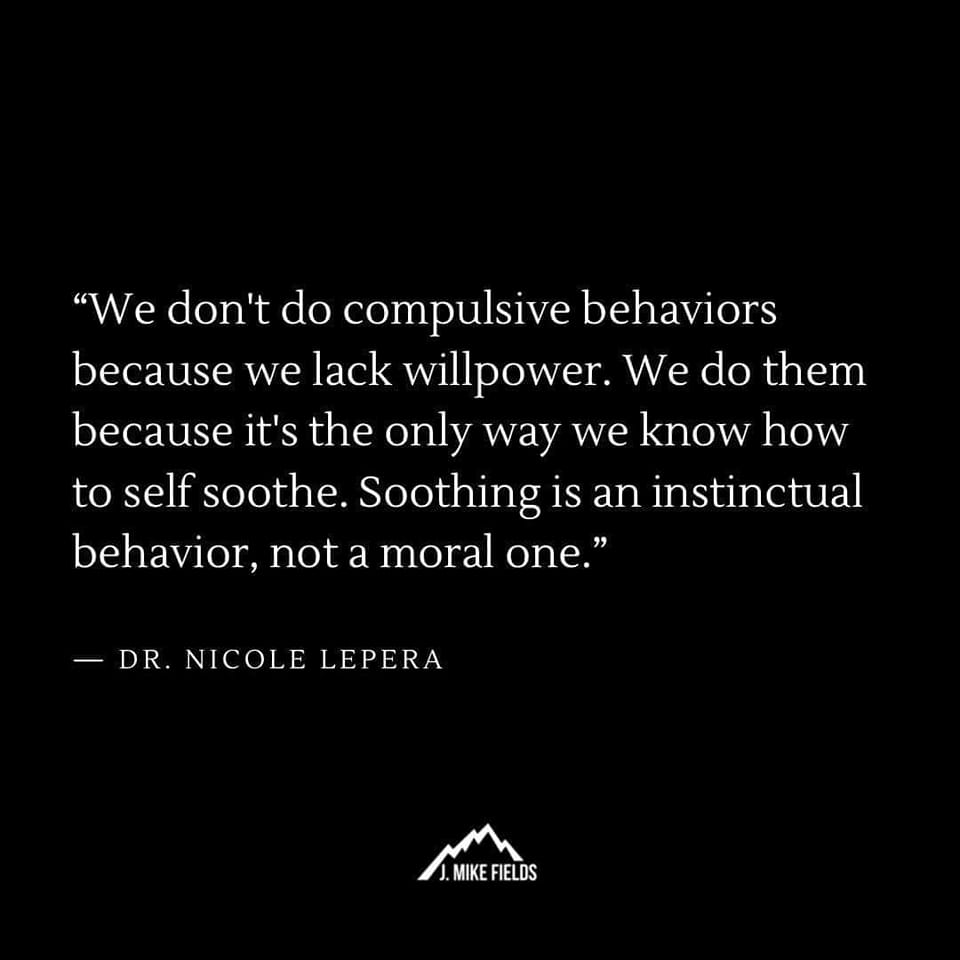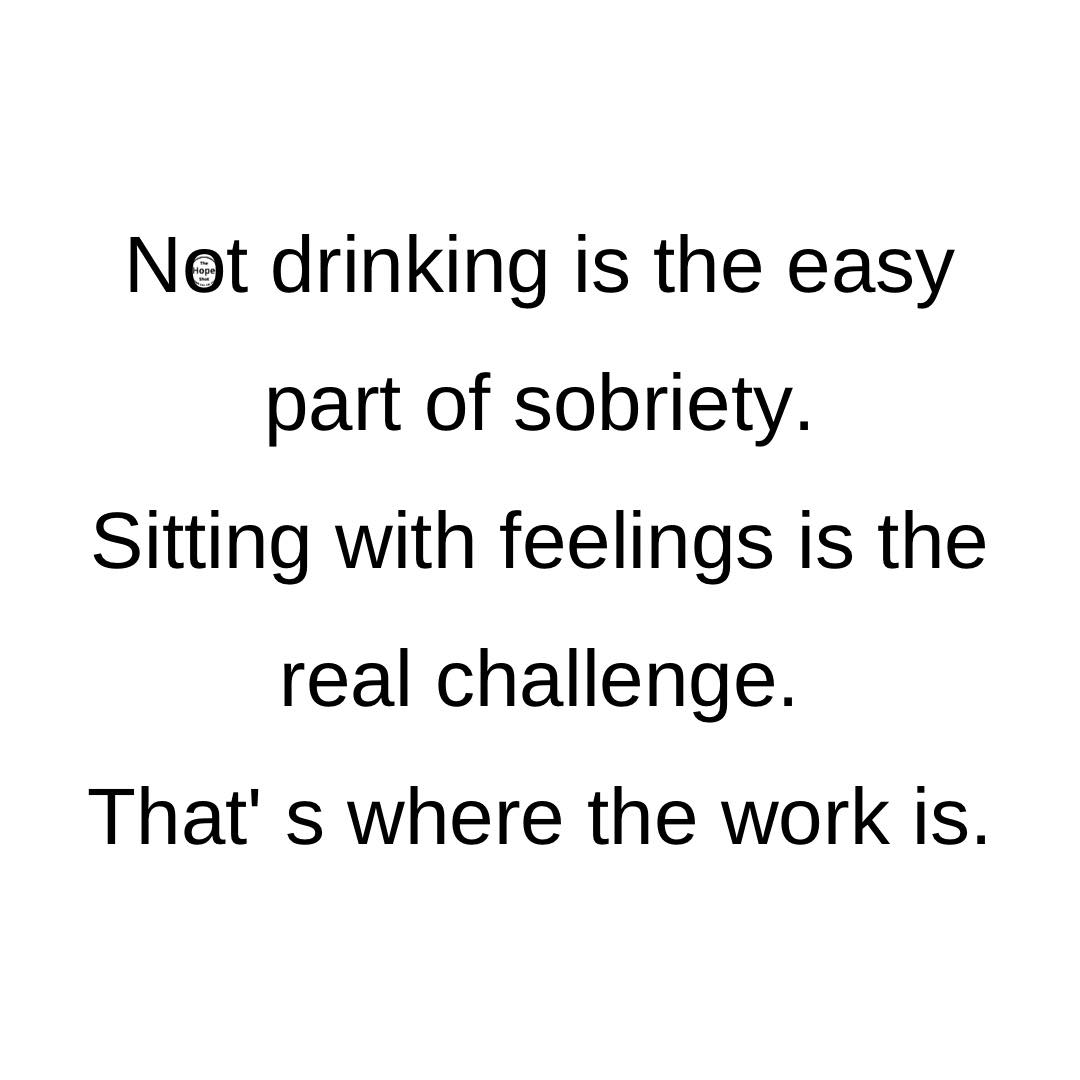Neurofeedback for Addiction: An Alternative Path to Recovery

Addiction treatment is not easy. Substance use disorder is extremely serious, and in its most severe cases it does not only affect your life, but can even end it.
Rehabilitation is a challenge, but using neurofeedback for addiction can make the journey easier. Neurofeedback training can help you achieve an optimal mental state without any invasive treatments, which can be maintained out of therapy as well.
Beaverton Neurofeedback is ready to guide you on this alternative path to recovery. We will help you learn more about the impact of neurofeedback for addiction in this article.

The Link Between Mental Health and Addiction
Many other mental health issues can be caused by, as well as be a cause of addiction. Addiction can come in many forms, from gambling to sex and substance abuse. No matter the object of the dependency, one thing is certain – it lowers the person’s quality of life.
Although one does not always directly cause the other, substance addiction and mental health conditions like anxiety and depression are intimately related. Alcohol can exacerbate the symptoms of melancholy and anxiety while consuming drugs like methamphetamine or marijuana excessively can lead to protracted psychotic responses.
Self-medication for the signs and symptoms of mental health issues is frequently done using alcohol and narcotics. People frequently abuse alcohol or drugs to mask the signs of an untreated mental illness, to deal with distressing feelings, or to alter their mood momentarily. Unfortunately, using alcohol or drugs for self-medication has negative side effects and frequently makes the symptoms it was intended to treat worse over time.
There are plenty of studies that follow the comorbidities of addiction in all of its forms, with the main focus being on substance abuse. Something valuable to take away from the existing research is that it’s important to not ignore the links between these mental health issues – getting to the bottom of the cause is one of the most important parts of the treatment process.

How Does Substance Addiction Affect the Brain?
Drugs affect how neurons use neurotransmitters to deliver, acquire, and process signals. Because some drugs have molecular structures that are similar to those of natural neurotransmitters in the body, they can activate neurons. This enables the substances to bind to and stimulate the neurons.
Despite the fact that they imitate the brain's natural chemicals, they don't engage neurons in the same manner that a natural neurotransmitter does, which results in the network sending incorrect messages.
The brain receptors of an addicted person are overloaded. The brain adjusts in a manner akin to turning down a speaker when the noise is too high by either creating less dopamine or eradicating dopamine receptors.
Dopamine's effect on the reward region of the brain decreases as a result of these changes. People who become addicted to substances often discover that the desired substance eventually stops providing them with as much pleasure. Tolerance is the result of their brains adapting, which means they need to consume more of it to experience the same dopamine "high."
Can Neurofeedback Training Help Addiction?
Drug addiction has the effect of rewarding negative conduct. It supports drug addiction by keeping the user in a loop of lows and highs. the user might experience emotional ups and downs and may feel hopeless and depressed without their drug of choice.
There are serious psychological, physiological, and emotional repercussions when someone abruptly stops using. For some substances, people may suffer disturbing symptoms they are unable to ignore; withdrawal symptoms are typically more severe for some drugs than others, and make the addiction treatment that much harder to stick to.
Neurofeedback is a great alternative solution for numerous mental health disorders, and substance use disorders are no exception. By learning how our brain works and how it reacts to stimuli, addiction treatment becomes a lot more effective, which is why neurofeedback for addiction is so effective.
EEG biofeedback enhances a person's involuntary processes, such as heartbeat, blood pressure, and muscle function, when used in conjunction with interventions like cognitive behavioral therapy (CBT) or dialectical behavior therapy (DBT). Neurofeedback, a specific type of biofeedback, is a form of brain-training therapy that, in the instance of addiction, tracks the brain's electrical activity.
In the end, the administrator of the treatment rewards the brain to support it in returning to normal functioning while also helping patients to decrease anxiety and stress and manage compulsions.
In addition to measuring brainwaves, neurofeedback is used to train and modify them. According to research, addicts exhibit typical brainwave abnormalities. Though not all addictions have the same characteristics. For instance, folks who abuse alcohol frequently have distinct brain map characteristics than those who abuse cocaine.
Brainwaves that have been determined to be out of balance can be taught. You are given a program by the computer program that records your brainwaves that awards you for generating regular waves.
You should pay close attention to your thoughts, emotions, breaths, and anything else that alters your brainwaves while receiving neurofeedback for addiction. You will be able to create these states even when you are not doing neurofeedback training if you are aware of what is creating the desired brainwave activity.
Ready to Start Your Healing Journey?
Struggling with a mental health disorder is tough, and can truly take a toll on your life if left untreated. Just like other mental health disorders, addiction can severely affect your or a loved one’s daily living.
Turning to neurofeedback for addiction is a great substance abuse treatment alternative, whether you treat the addiction itself or other mental health issues that may be causing or enabling it. Contact us and let’s discuss the best course of action for you and your needs.




